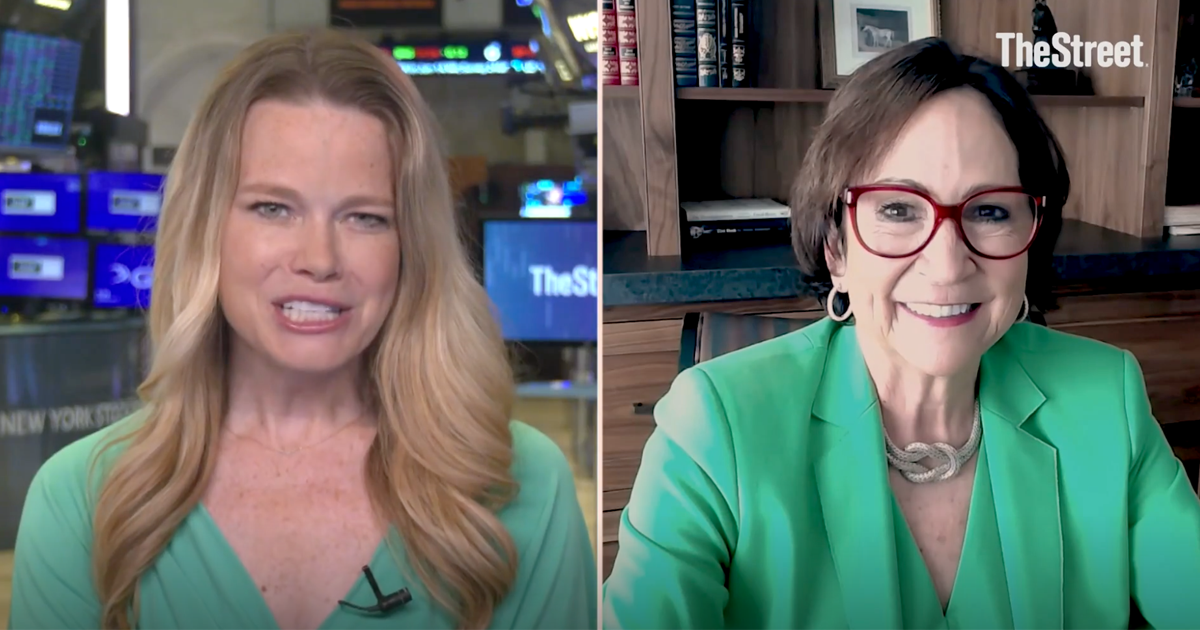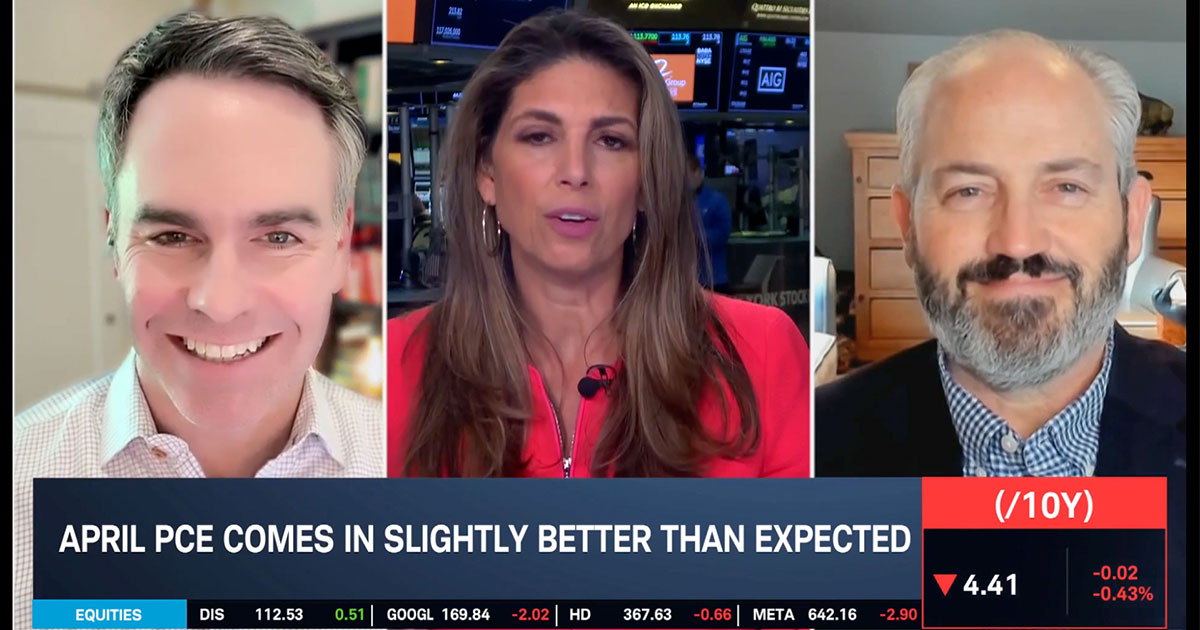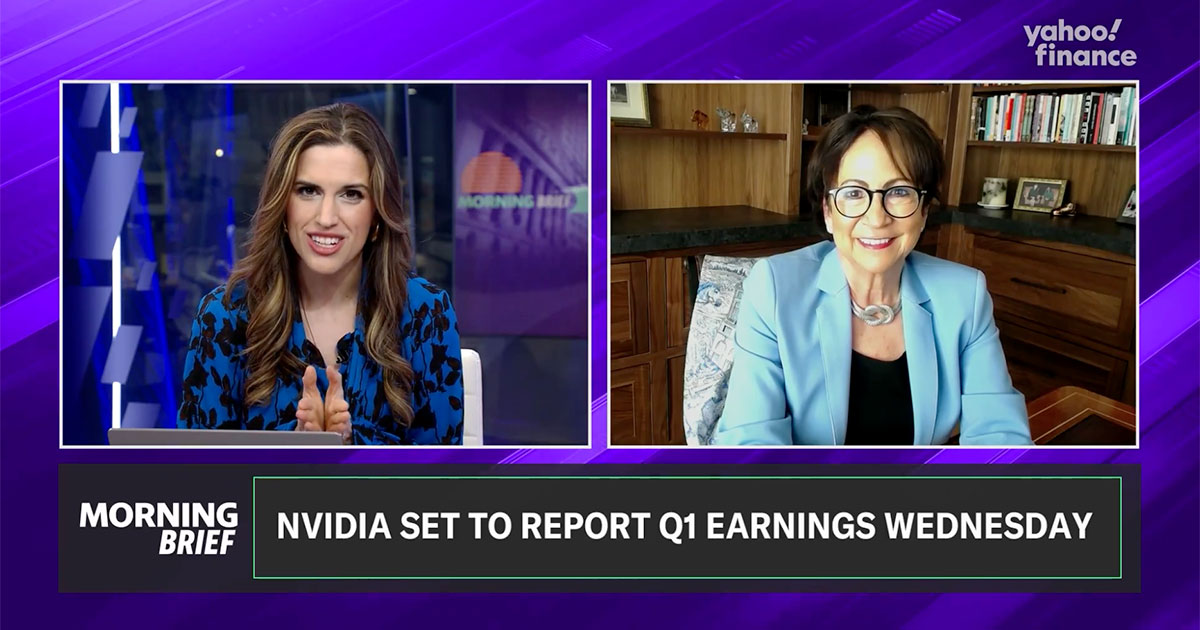Tengler is Still Bullish
Nancy Tengler, CEO and CIO at Laffer Tengler Investments, joined The Larry Kudlow Show this week to explain why her long-term bullish stance goes beyond recent market rallies. She highlights a strong business backdrop: a friendly policy environment, major investments in AI, robotics, and data infrastructure, and tech giants evolving from capital-light to capital-heavy. Her advice: remain diversified, but overweight technology.
Drawing parallels to the 1990s, she notes that strong stock performance can coexist with higher interest rates and inflation. Tengler also urges investors not to overinterpret Fed Chair Jerome Powell’s frequently shifting commentary, which she says is often misunderstood. She’s confident inflation is easing and argues that tariffs are disinflationary—a view gaining broader acceptance. Bottom line: Nancy isn’t predicting a peak—she’s positioning for the next growth move.










